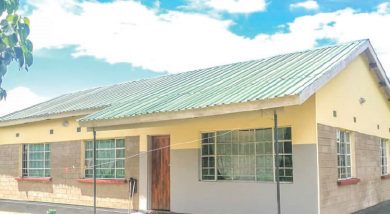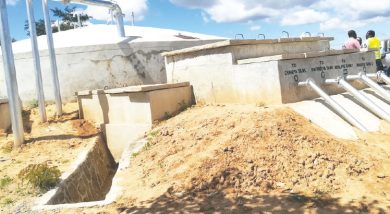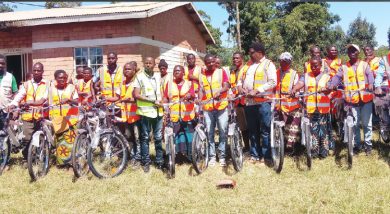AfDB, Ifad partner to scale up agricultural investments
The African Development Bank (AfDB) Group and the International Fund for Agricultural Development (Ifad) have partnered to take African farmers through a new initiative that will double productivity.
The initiative, named ‘Mission 1 for 200’, seeks to reach out to 40 million African farmers who will produce 100 million metric tonnes of food for 200 million people.

In a statement published on AfDB website, Ifad president Alvaro Lario said only investments in agriculture that supported small-scale farmers would get Africa out of a “worrying downward spiral of crisis after crisis”.
He said: “Strategic investments will boost agricultural productivity, they will build food sovereignty and they will pave the way for a more equitable distribution and access to food, bringing opportunities for all.”
By leveraging the investments by both Ifad and AfDB, Mission 1 for 200 will mobilise additional financing from innovative and non-traditional donor sources as well as private sector investors.
The initiative will build on the momentum around climate adaptation and mitigation to approach green funds and climate funds as a long-term supportive solution.
To achieve these goals, Mission 1 for 200 will leverage the private sector, de-risk and unlock more private investment to promote enhanced and climate adapted production as well as value-addition.
AfDB Group president Akinwumi Adesina said Mission 1 for 200 would provide a strong support and financing mechanism for African governments.
“This landmark initiative will foster innovative agricultural ventures to boost food production, enhance efficiency within a framework of enhanced market dynamics and sustainable food systems, spur policy changes, and tap into co-financing opportunities through collaboration with other development partners, drawing on the expertise of both institutions.”
Mission 1 for 200 welcomes the participation and contribution of other development partners.





